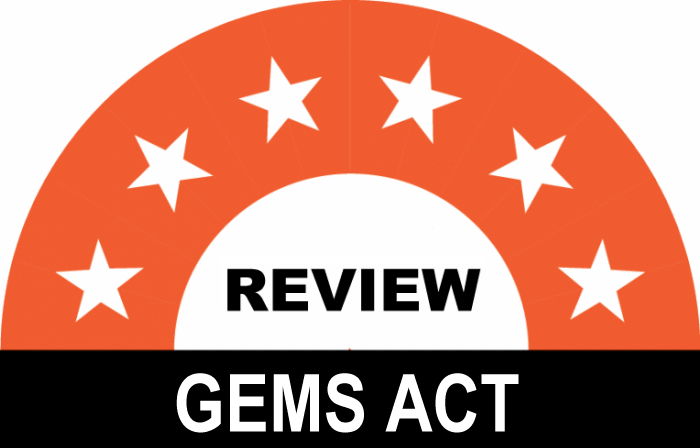The Australian Federal Government has announced the immediate commencement of the Greenhouse and Energy Minimum Standards Act’s (GEMS Act) first review.
When the GEMS Act came into effect in October 2012, it created a national framework for product energy efficiency in Australia, replacing state-based regulation.
The Act places related regulatory requirements on certain products before they can be supplied or sold here (and across the ditch in New Zealand), which may include energy rating labelling and Minimum Energy Performance Standards (MEPS).
Energy Minister Josh Frydenberg said the GEMS Act’s net benefit to Australia’s economy was somewhere between $870 million and $1.58 billion in 2016, and it reduced greenhouse gas (GHG) emissions in the range of 4.5 – 6.9 megatonnes that year. The GHG avoidance is especially important given Australia’s performance on reining in emissions to date.
Australia’s annual emissions in 2016-17 were estimated to have risen 0.7 per cent on the previous year. The Climate Council called the result shameful’ and ‘embarrassing’, stating Australia has consistently failed to reduce its levels.
“Australia risks cementing its position as the global climate laggard, as the Federal Government sits back and allows the nation’s greenhouse gas pollution levels to climb further and further,” said Climate Council CEO Amanda McKenzie in December.
Energy efficiency alone certainly won’t fix Australia’s carbon challenges, but it is considered a low-hanging fruit in emissions reduction.
Review Timing: Coincidence Or Knee-Jerk Reaction?
The GEMS Act review doesn’t appear to be in connection to recently released GHG figures; but perhaps it accelerated its start. While the announcement came as a surprise to some (albeit a welcome one), the GEMS Act states:
(1) The Minister must cause an independent review of the operation of this Act to be undertaken as soon as possible after:
(a) the fifth anniversary of the commencement of this section; and
(b) each tenth anniversary of the day referred to in paragraph (a).
The review will include consultation with a range of parties that include industry and consumer groups; along with state, territory and New Zealand governments.
““It is an excellent opportunity to reflect on changing appliance and equipment use, emerging technologies, the increasing connectedness of appliances and international best practice,” Minister Frydenberg said. “What we must always focus on is maximising the benefit to consumers and, at the same time, providing a dividend for the environment.”
The review will be carried out by Anna Collyer, a partner and head of innovation at law firm Allens, who has specialised in the energy sector for more than two decades. Ms. Collyer’s recent work includes advising the Australian Energy Market Commission (AEMC) on the introduction of competition in metering.
A discussion paper will soon be published for initial consultation and a final report delivered in 2018. Terms of reference for the review can be viewed here.
Energy efficiency is an important issue for Australians with solar panels, helping them to extract the most value from their solar power systems – learn more about energy efficiency opportunities for solar owners.
While on the topic of energy ratings, check out SQ blogger Ronald’s recent post on how an energy efficient fridge can save you hundreds of dollars – he says it’s not the energy rating stars that count.


 RSS - Posts
RSS - Posts



Speak Your Mind